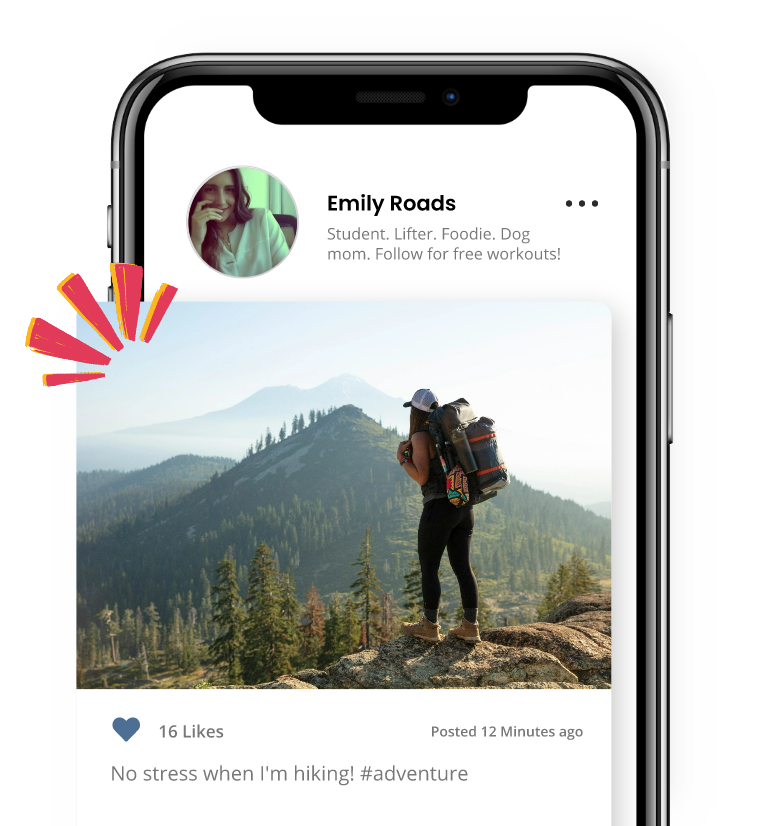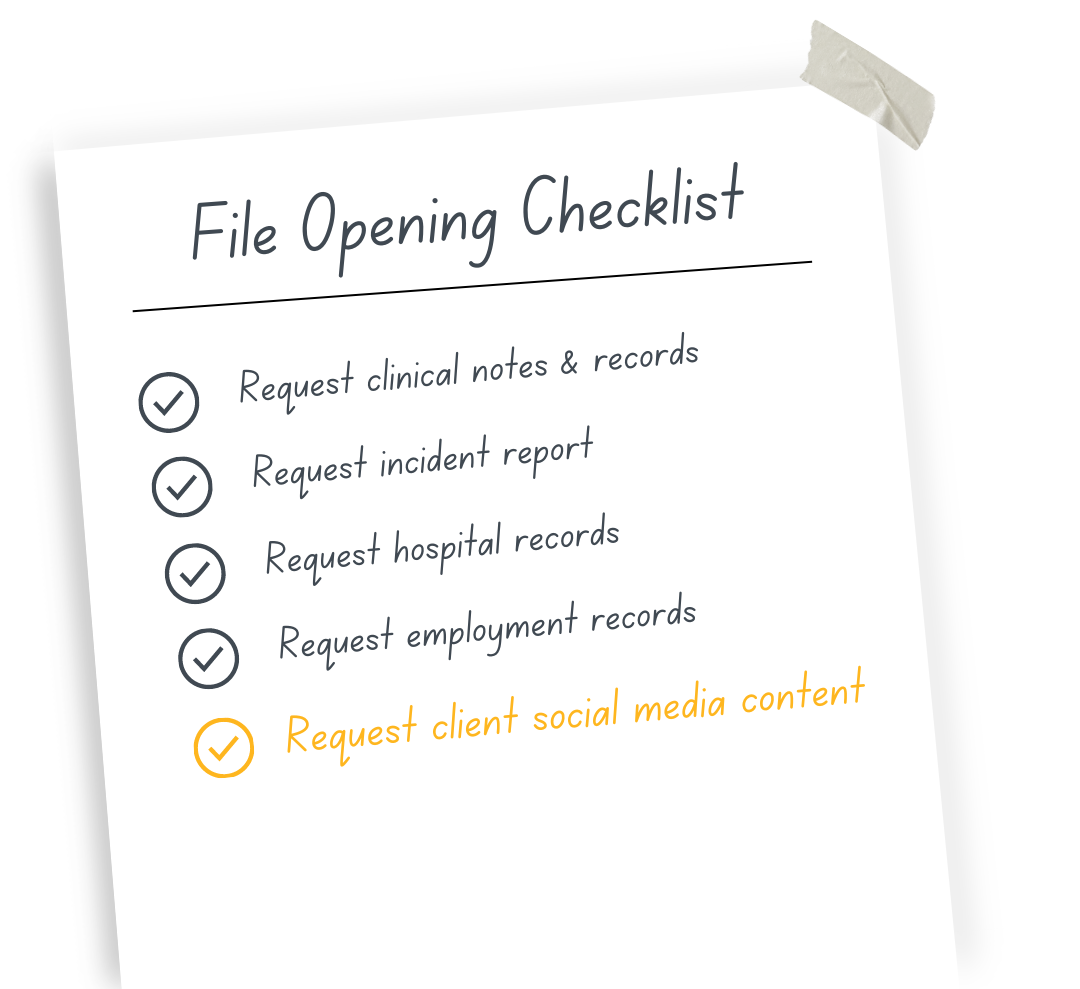OUR SOLUTION
A social media discovery tool to protect your clients and your settlement values.
Private Footprint is a permission-based tool designed to allow clients to grant you permission to review and analyze social media content. Users can review activity, identify posts of interest, and generate evidence-quality reports detailing client experiences before and after significant life events.
Increase File Value
Pre date of loss client social media content is an often overlooked gold mine. These posts help you build a client’s backstory and increase the value of their settlement.
Reduce Client Risks
You tell them to stop posting, but they don’t. Our data shows that attorneys who implement Private Footprint see an 85%+ decrease in client posts.
Avoid Deposition Surprise
Don’t get blindsided at deposition or trial. Inoculate problematic content before it’s too late.
Standard of Care
As more case law emerges confirming the effect that social media can have on settlement values, attorneys can no longer ignore their clients’ social media.
Is It Time to Settle?
By the time you meet your client for the first time, damage may have already been done. Review posts to help you decide whether you need to settle early.
Save Significant Time
Legal staff can spend several hours scouring through client posts, manually cutting and pasting them into albums or reports. We turn these hours into minutes.
Pricing made easy. $100 plus tax PER FILE – Get Started Today
Tried and trusted by Plaintiff Attorneys
- Increase
File Value - Avoid
Deposition Surprises - Save
Hours Per File
ADD YOUR FIRST FILE FOR FREE!
Learn how plaintiff law firms across North America are leveraging client social media content.
We’ll guide you through best practices, operational consideratons, and how our software works.
WHO IS IT FOR
A Critical Tool for All Plaintiff Attorneys
NEWS & UPDATES















